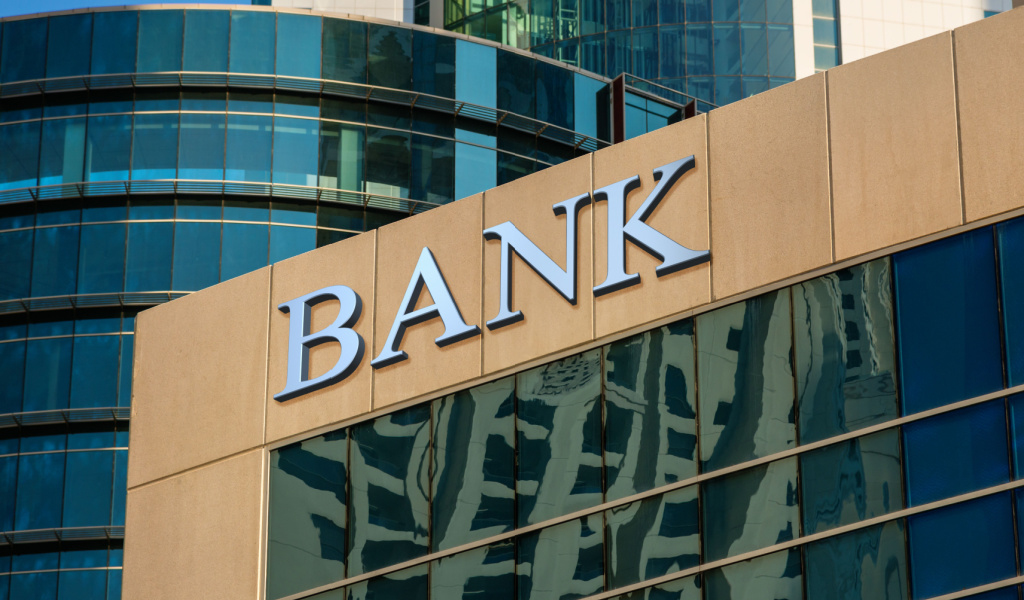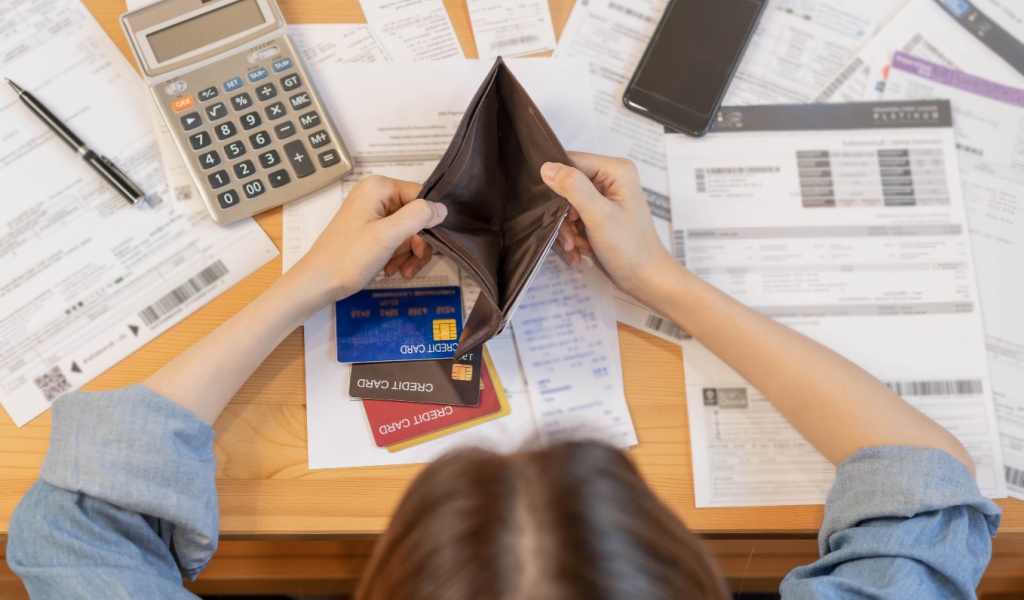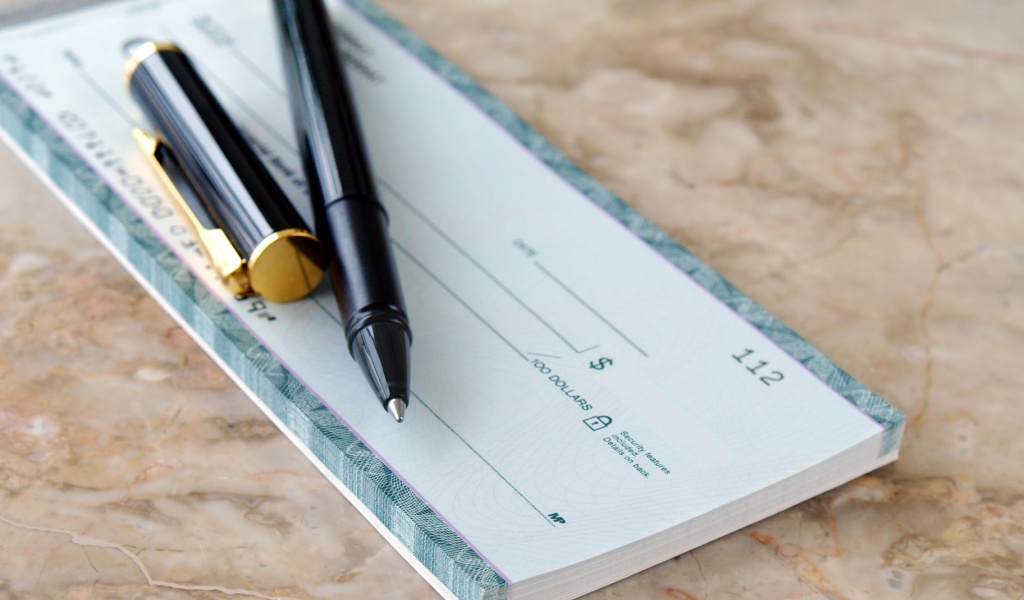We know that banking can be complicated, and it’s always challenging to choose the best bank with so many options out there. Each bank offers its own set of disclosures and fine print, not to mention fees and rates, which must be looked into carefully before committing to any bank.
If you’re wondering how you can be clever with your bank accounts – to build your wealth and save time – then you’ve come to the right place!
Let’s take a quick dive into five actions you can start today.

Get Over Account Anxiety
Many people avoid checking their account deposits and balances because it causes them anxiety. However, you should ignore those intrusive thoughts and look at your account to analyze helpful data. When you see the data in front of you, you are better prepared to decide what to do with your money.
Let’s take an example: You notice in your bank statement that you’re spending a lot of money on an expensive food delivery service several times a week, and the bills are adding considerably to your monthly statement. This could prompt you to try to prepare home-cooked meals, so you’re not just saving on takeout food but also taking the delivery costs out of the equation.
When you analyze your expenses, you can identify areas to trim your spending, like for services and subscription mails you’re not using anymore.
Keep Your Bank Account Active
If you don’t use your bank account often enough, the bank may close it or charge a dormant fee. While each bank’s specific policies vary, a general rule of thumb is to use your account at least once every few months. It’s also worth remembering that small and recurring deposits into a savings account can add up over time.
If your bank account has gone dormant, it could have been sent to your state as an unclaimed or abandoned property. Therefore, check with your state regarding its abandoned property policies and provide your bank with an updated address so they can contact you if your account becomes dormant.
Moreover, money sitting in an old account might not have a sufficient yield to keep up with inflation, which means that it would incur a dormant fee.

Save Consistently
If you’re smart about your finances, you would have put money away for an emergency fund, which serves as a cash cushion that can help you during sudden financial emergencies. An emergency fund should cover three to six months’ expenses, which is a reasonable amount, especially if you build the goal of saving regularly. For instance, if you’re being paid weekly, you can set up an automatic savings deposit of about $15 per paycheck. When you do this consistently, you will have over $700 within a year, which can be used to pay off an emergency expense.
Eliminate Fees
A lot of people generally overlook the monthly banking fees. If you own a bank account with a $5 monthly fee, you’re paying about $60 per year. In fact, some banks charge even more. Therefore, it would be better to switch to an account in a bank that waives this fee with requirements that you can meet easily. Better yet, you can choose a free account that does not charge any maintenance fee. At the same time, make sure to check accounts that have no or low overdraft fees. Many banks have lessened these penalties or eliminated overdraft fees entirely.
Don’t Just Assume You’re Getting the Best Rate
You might think your bank appreciates you as a customer, but this doesn’t mean it’s paying a good APY (Annual Percentage Yield) on your funds. The Federal Reserve has raised rates eleven times since March of 2022 after they were kept at close to zero for two years. Due to the rising interest rates, some banks increased yields on their savings accounts and certificates of deposits. With the increase of those rates and decreasing inflation, top savings yields are outpacing inflation. Therefore, your savings can maintain purchasing power in the current rate environment.
A Final Word
Remember, improving your banking skills doesn’t require monumental effort. The five suggestions mentioned above can go a long way toward elevating your banking knowledge and bank balances.



